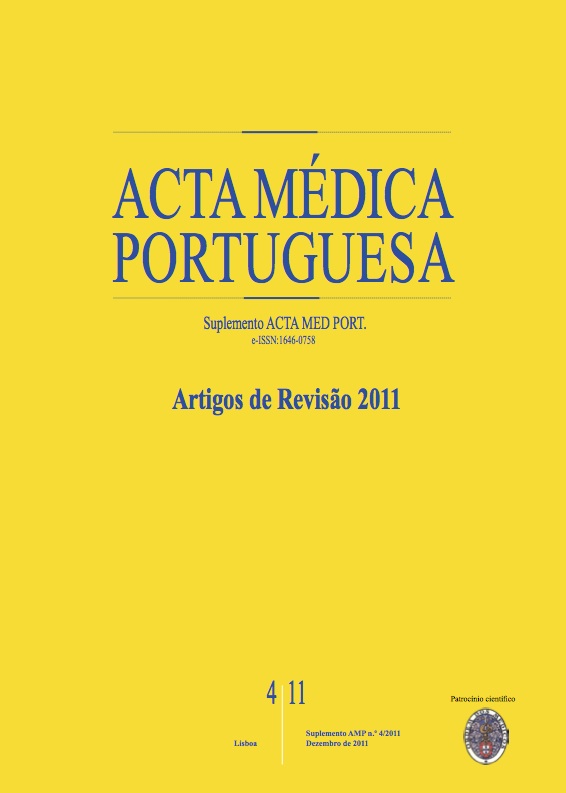Family work in geriatric psychiatry.
DOI:
https://doi.org/10.20344/amp.1589Abstract
Dementia and other late-life conditions in neuropsychiatry impose a heavy burden on society as a whole and in families in particular. A number of clinical presentations involving family aspects may be seen in clinical practice in a range of diagnoses (Alzheimer's disease, other dementias, depression or any other psychiatric disorder in the elderly). As a consequence, there is a growing trend towards working with families in geriatric psychiatry. Marital issues are not a frequent target for specific clinical intervention, but couple therapy may be useful regardless of age. The effectiveness of family systems therapy has not been widely evaluated in psychogeriatrics, so far. However, it may be a powerful resource when family dynamics must be addressed, mostly in families where dysfunctional circularities precede the outburst of severe clinical problems. More often, family psychoeducation will be the first indication, in different formats, settings and levels of intensity. However, context reading and systemically-informed work are not restricted to classical family therapy and do not imply it. Is has been suggested that family psychoeducation should sometimes include a stronger family systems perspective. Structured and feasible family assessments should always precede interventions. Indeed, they are a first step of the intervention itself, while necessarily reviewed through the course of family work. Ageism perhaps still influences to some extent health professionals' attitudes, including the ones of family therapists, leading to the underutilization of family approaches in the elderly. However, working with families remains a core process in geriatric psychiatry and family therapy may be a powerful resource in particular cases.Downloads
Downloads
How to Cite
Issue
Section
License
All the articles published in the AMP are open access and comply with the requirements of funding agencies or academic institutions. The AMP is governed by the terms of the Creative Commons ‘Attribution – Non-Commercial Use - (CC-BY-NC)’ license, regarding the use by third parties.
It is the author’s responsibility to obtain approval for the reproduction of figures, tables, etc. from other publications.
Upon acceptance of an article for publication, the authors will be asked to complete the ICMJE “Copyright Liability and Copyright Sharing Statement “(http://www.actamedicaportuguesa.com/info/AMP-NormasPublicacao.pdf) and the “Declaration of Potential Conflicts of Interest” (http:// www.icmje.org/conflicts-of-interest). An e-mail will be sent to the corresponding author to acknowledge receipt of the manuscript.
After publication, the authors are authorised to make their articles available in repositories of their institutions of origin, as long as they always mention where they were published and according to the Creative Commons license.









